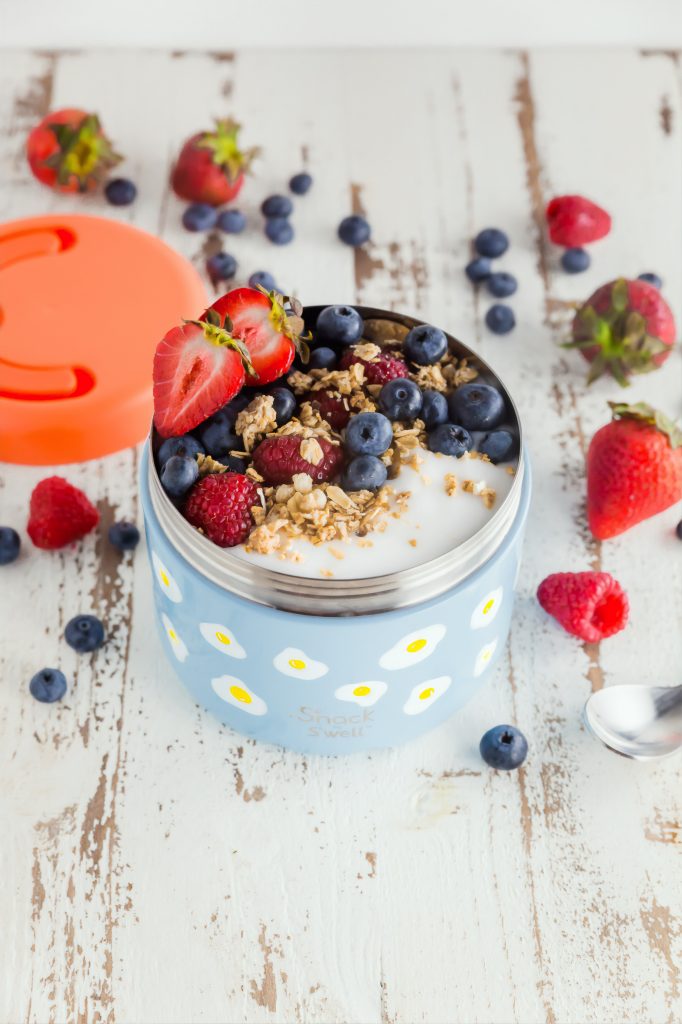Your gut health is the foundation of your health. It affects your digestion, your mood, your hormones, your immune system, and the list goes on. Evidently, learning how to nourish your gut is a great way to ensure your body is functioning at its best. Here are 7 tips that can help you with this.
1. Variety
The best way to ensure that your microbiome (the ecosystem of bacteria in your gut) is thriving is to eat a large variety of whole plant-based foods. As a guide, you should try to incorporate at least 30 different plants every week. This includes herbs, vegetables, fruits, legumes, grains and even spices. That way, you’re getting all the necessary nutrients you need to keep the microbiota (gut bacteria) happy by feeding them enough prebiotics (microbe food).
2. Fibre
Eating adequate fibre feeds the microbiota and keeps everything transiting through the gut properly. Legumes are a great place to start! To avoid bloating or flatulence, it’s best to add them into your diet slowly and at low doses to allow your body time to get used to them. Either soak them overnight before you cook them or use tinned varieties and rinse them before using, as they’re better tolerated this way.
Legumes are so versatile – they can be added to curries, topped on salads, blended into dips or baked into a crispy snack in the oven. Some other sources of fibre are wholegrains, psyllium husk, chia seeds, fruits and veggies.
3. Hydrate
Drinking enough water keeps everything moving through the gut properly and can help prevent constipation. At the same time, drinking alcohol has been shown to reduce the diversity and number of microbes in the gut, so it’s best to limit your consumption. The fewer species we have in the microbiome, the weaker the gut becomes.
4. Fermented foods
Fermented foods contain probiotics that increase the diversity of microbiota in the gut, which is exactly what we want. Kimchi, sauerkraut, yoghurt, kefir, kombucha, miso and tempeh are some great sources that you can add to your meals. Start with just a spoonful on the side, and then work your way up from there. Fermented foods have quite a strong flavour, especially if you’re not used to eating them very often, so it’s best to start slow.
5. Reduce your intake of highly processed foods
Highly processed foods encourage the growth of harmful microbes, which may start to outcompete the beneficial microbes for resources (food). To prevent this from happening, increase your consumption of plant-based wholefoods and reduce your intake of highly processed foods, such as ice cream, cakes, lollies, chips and soft drinks.
6. Get enough sleep
While you’re asleep, the tissue in your gut lining is growing and repairing itself. This is a vital process that prepares the digestive system for the next day. Not getting adequate sleep can also increase stress levels, which adversely affects the gut by reducing the microbe diversity and increasing how permeable (leaky) the walls are. If the gut lining gets too leaky, large particles can start to pass through and enter the bloodstream, where immune cells will start to attack them and cause inflammation. This puts your system under more stress and forms a vicious cycle. Instead, get yourself to bed a bit earlier and get those 7-9 hours in!
7. Movement
Moving your body regularly strengthens the muscles of the gut. This is great because intestinal contractions move food and waste through the digestive tract, so the stronger your gut is, the more efficient it will be at moving things along (hello better bowel movements!). Exercise has also been linked to increased microbe diversity and reduced stress which, as mentioned above, is a great way to improve your gut health.
Want more? Follow me on Instagram and Facebook for more daily healthy eating tips, tricks and advice. For a more in-depth look at how you can improve your gut health, check out our Gut Health eBook. For more personalised advice from a Verde Nutrition Co registered practising dietitian, click here.

